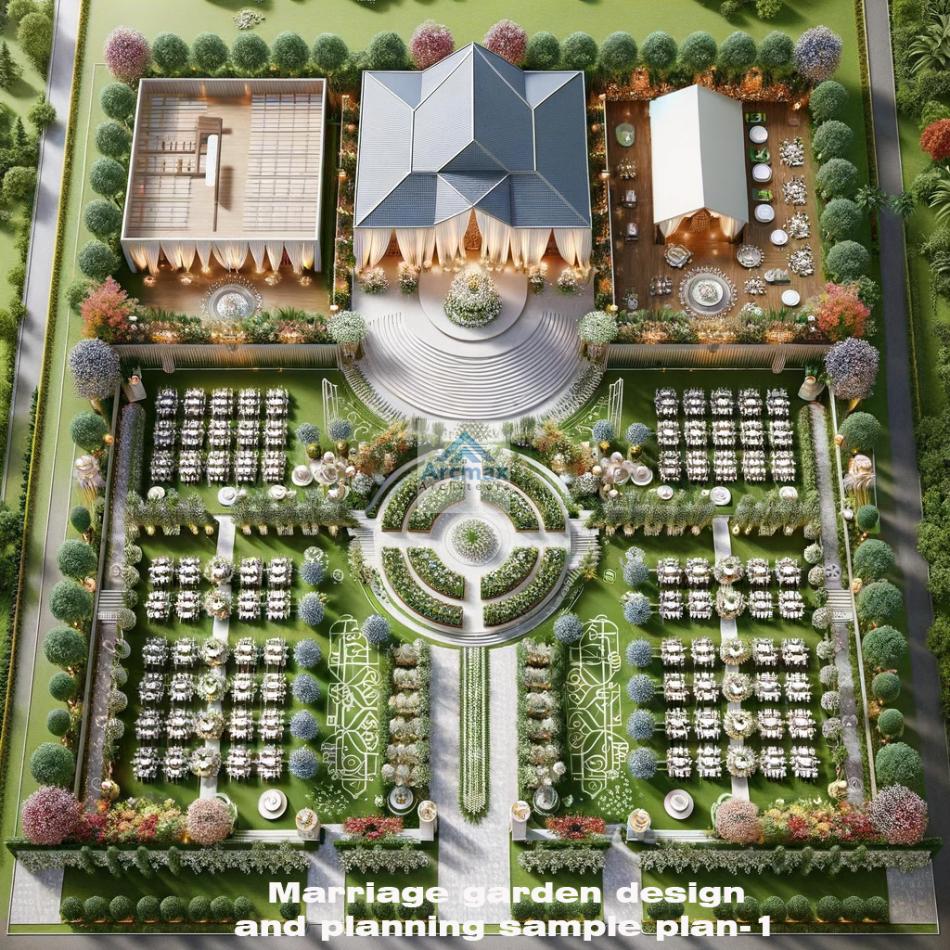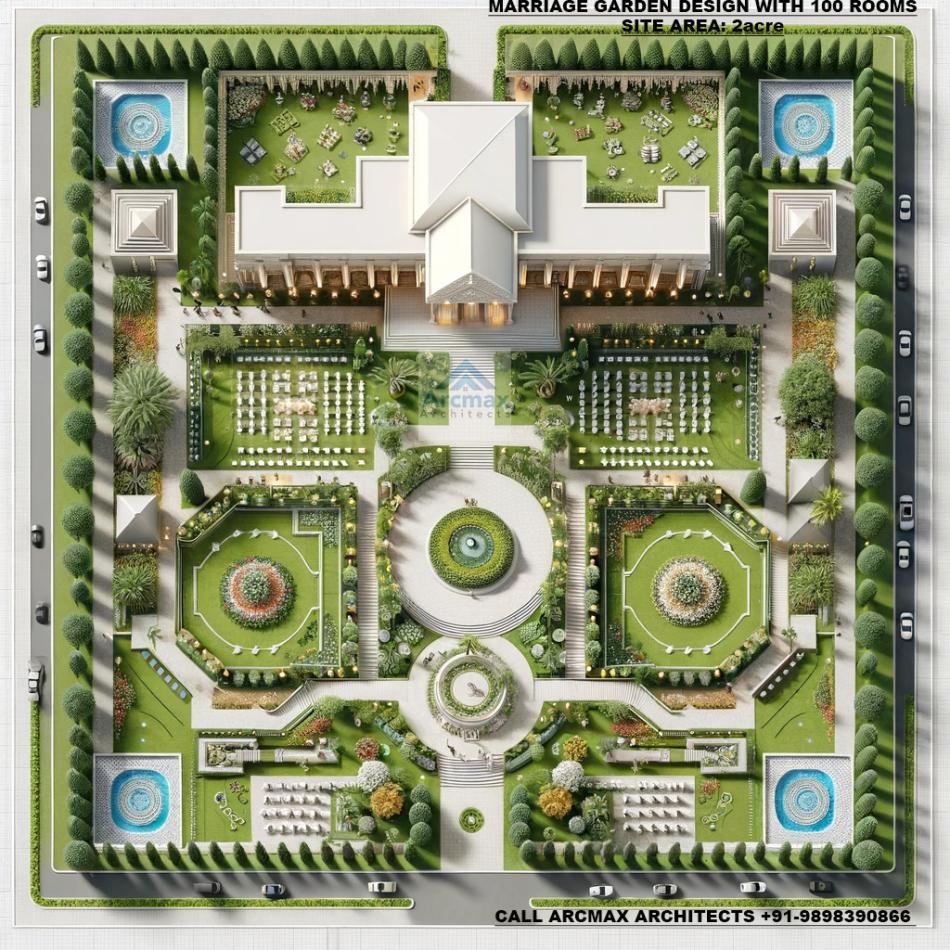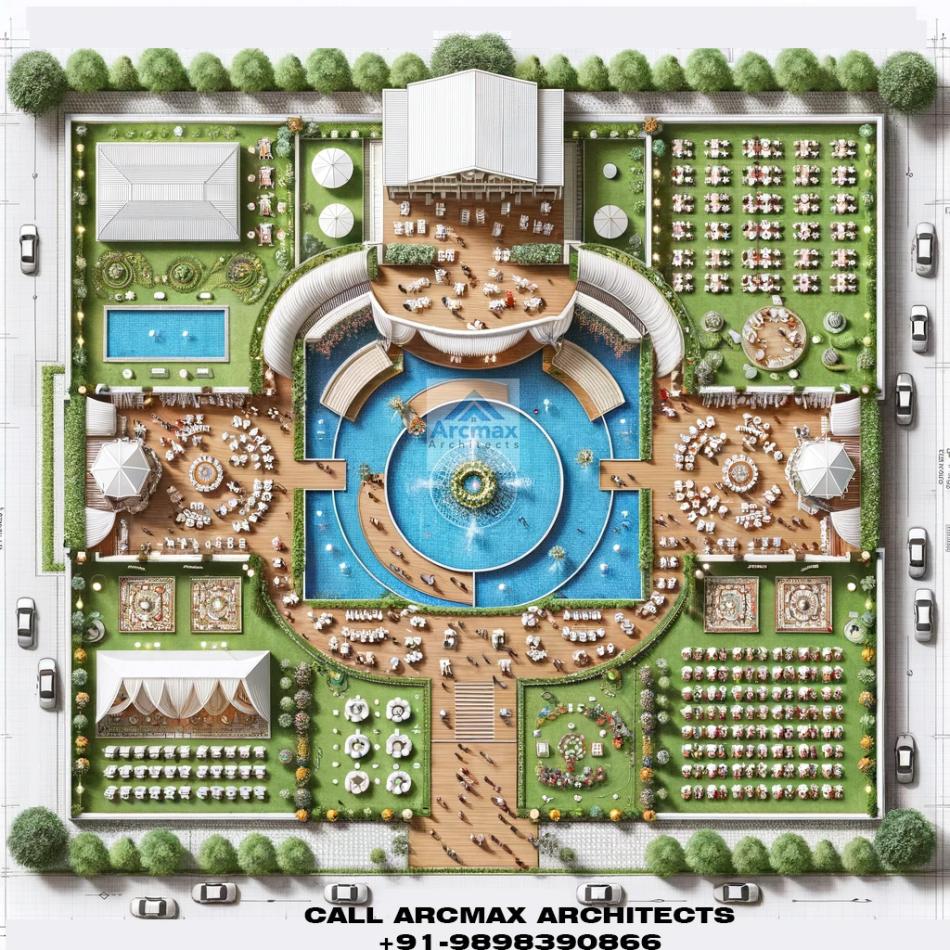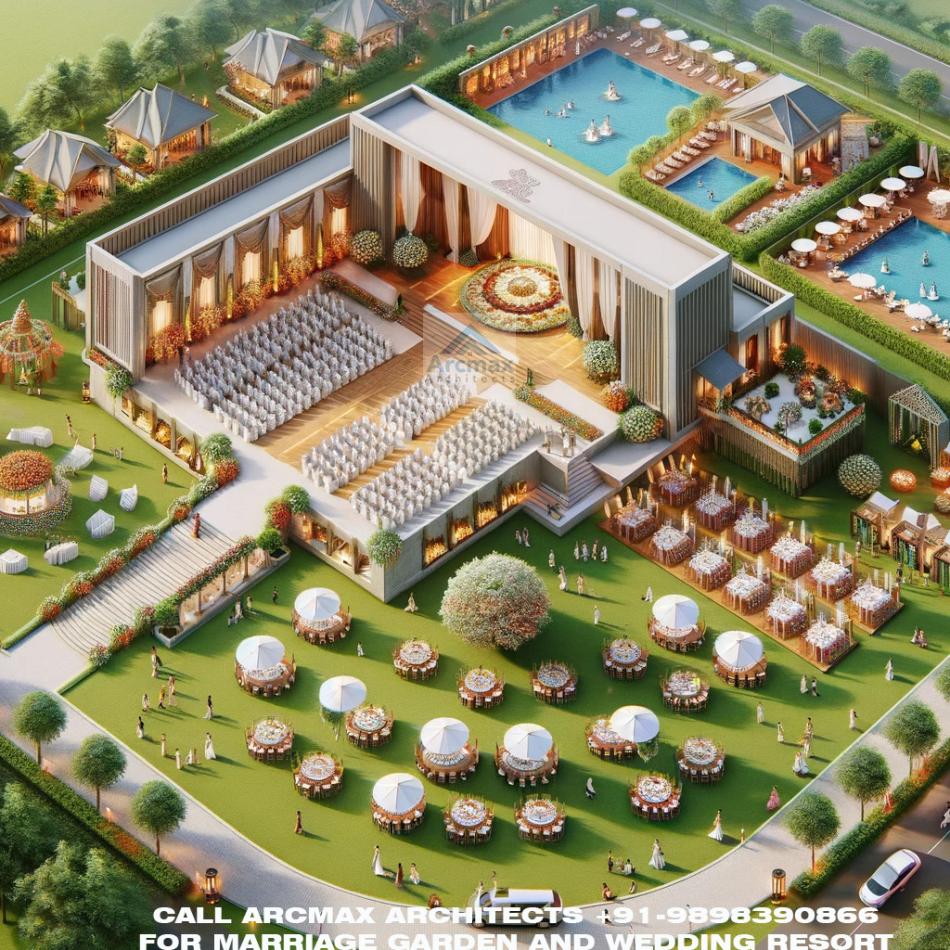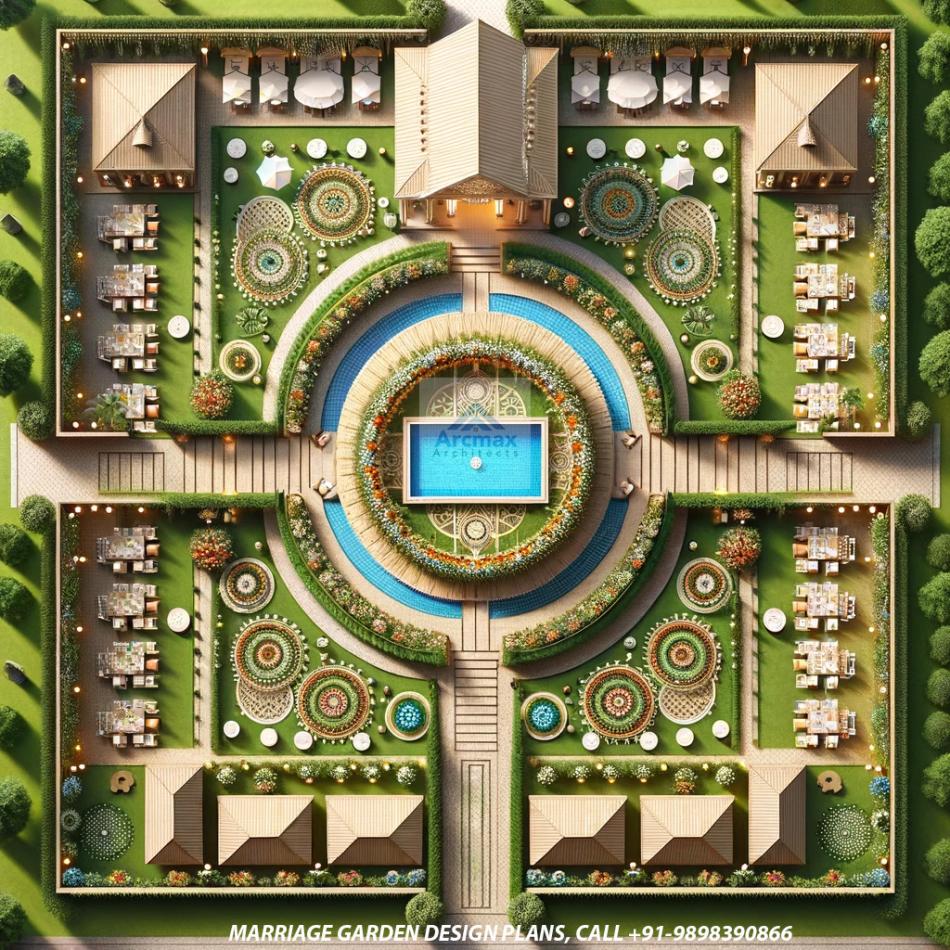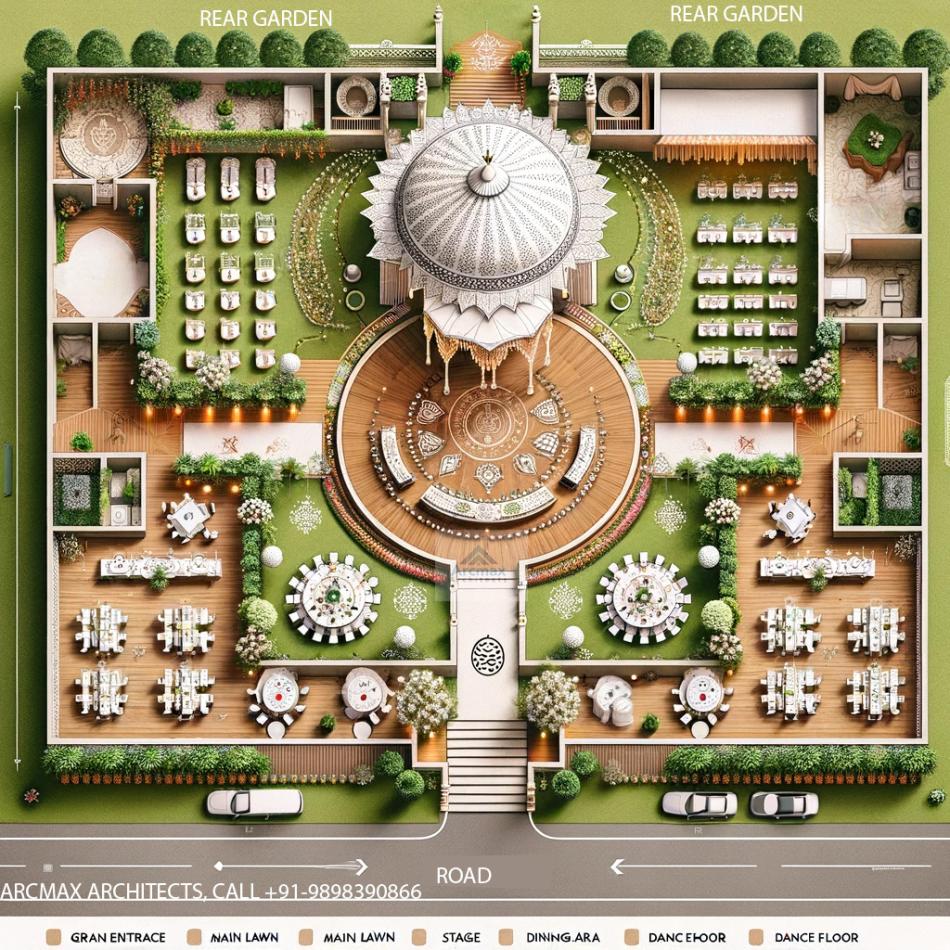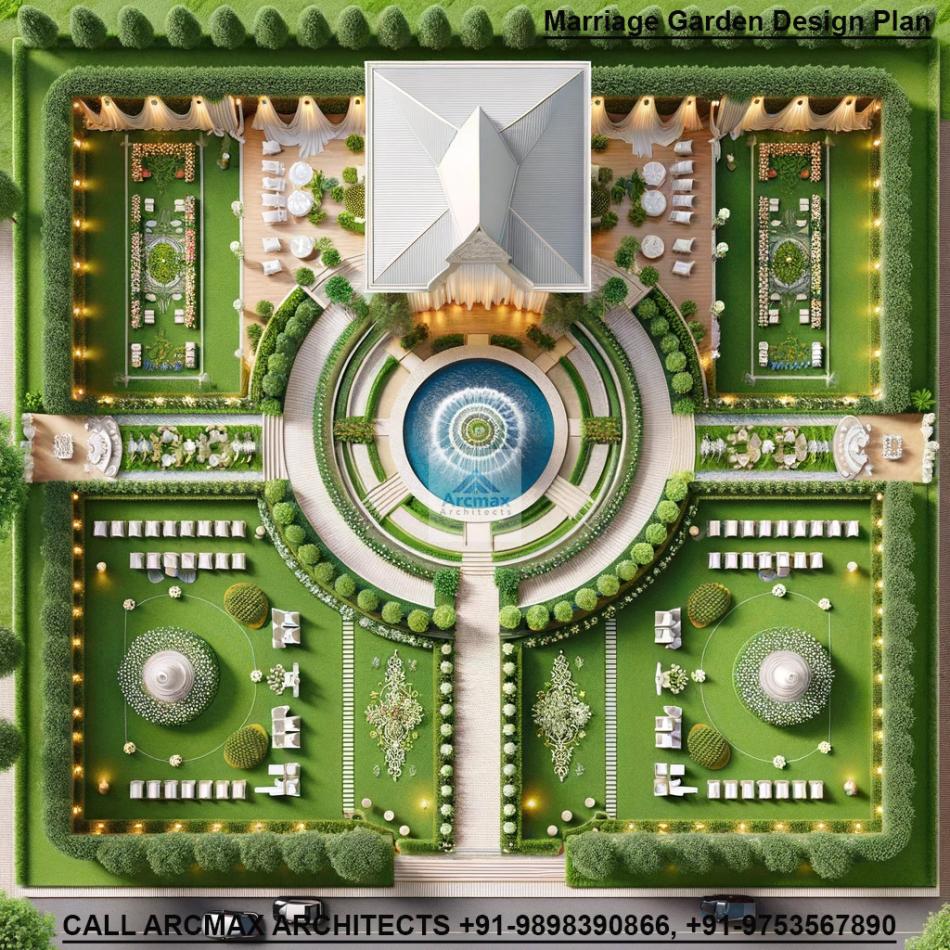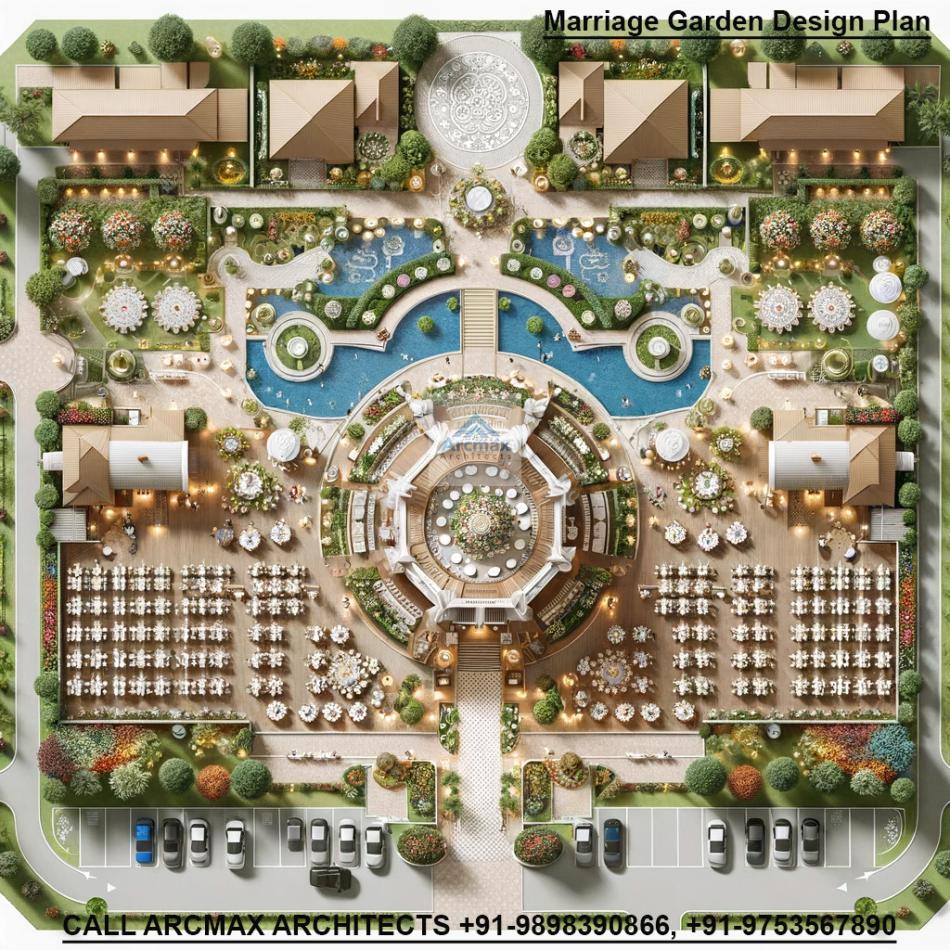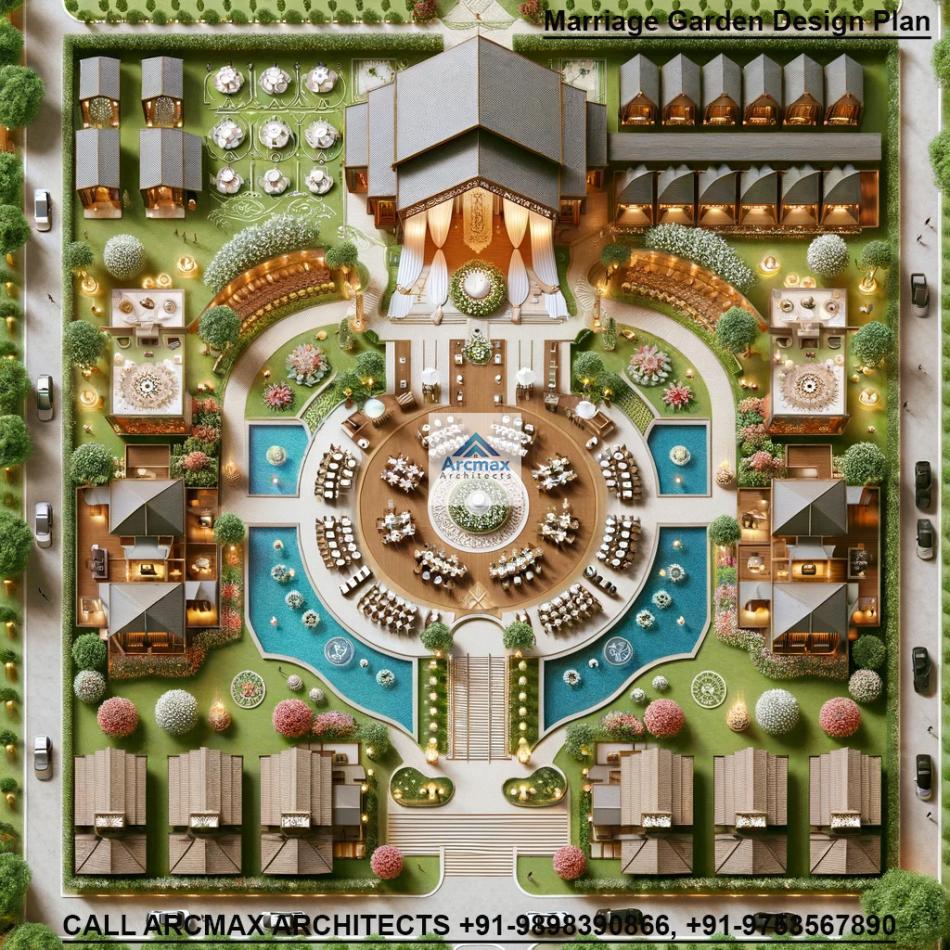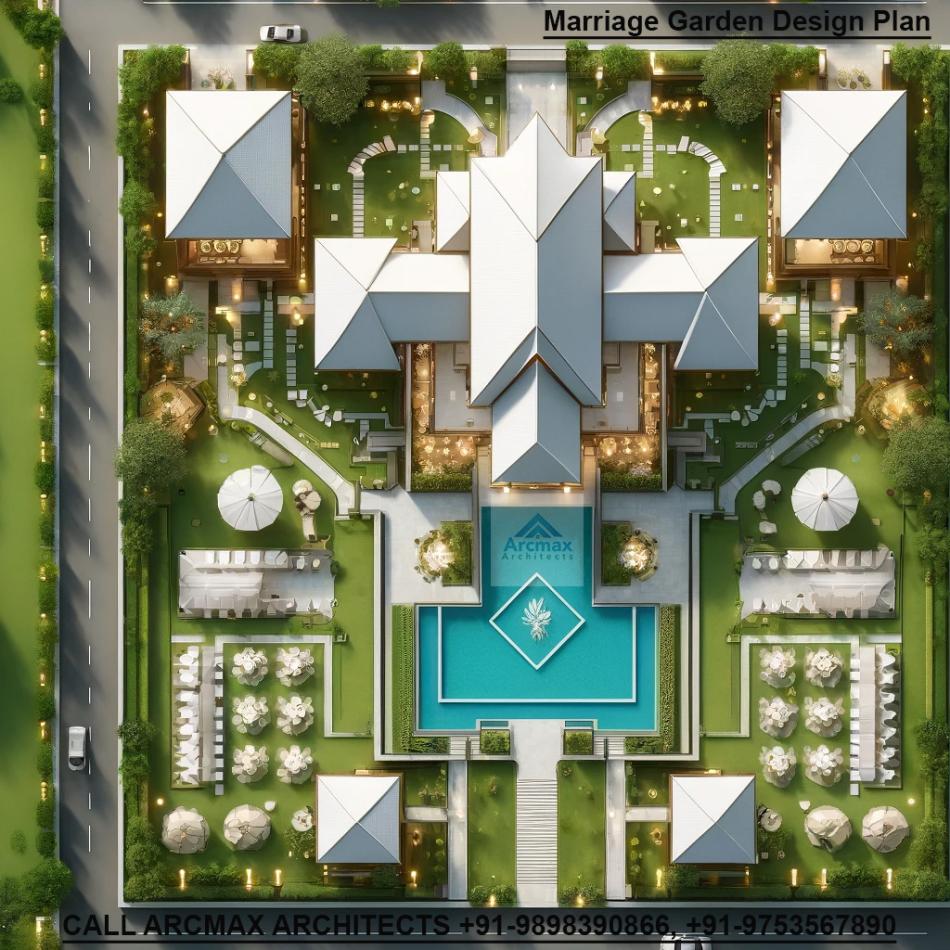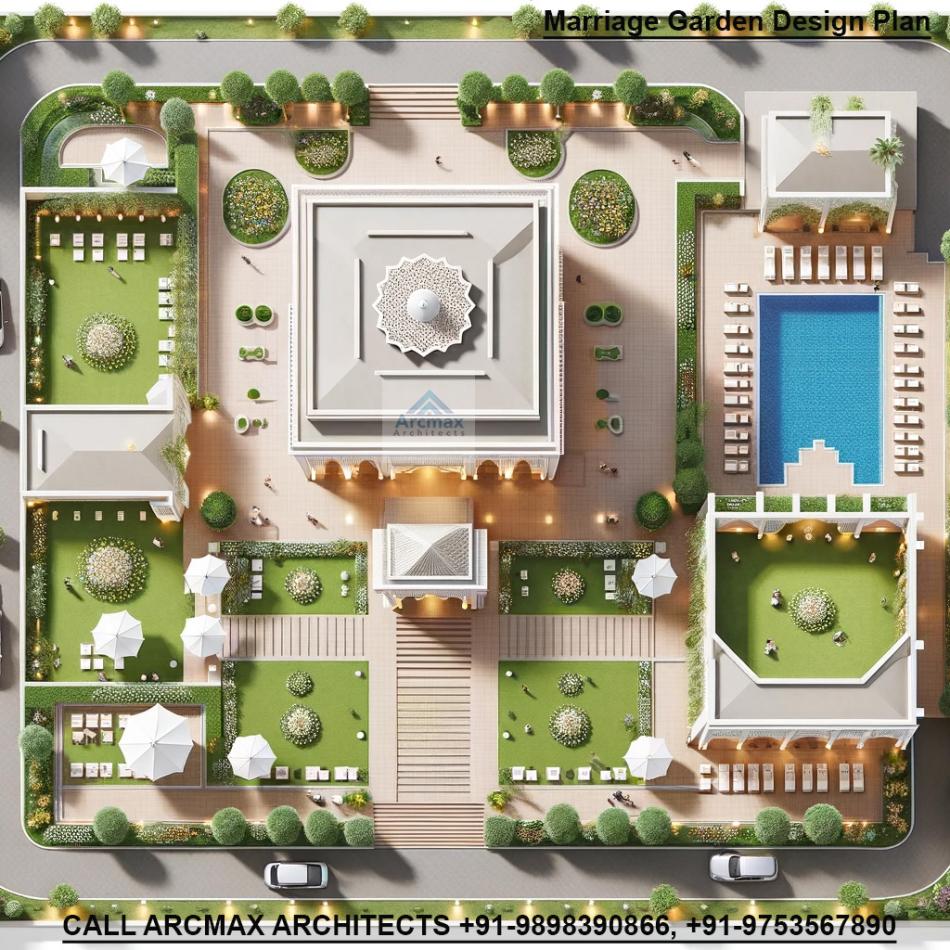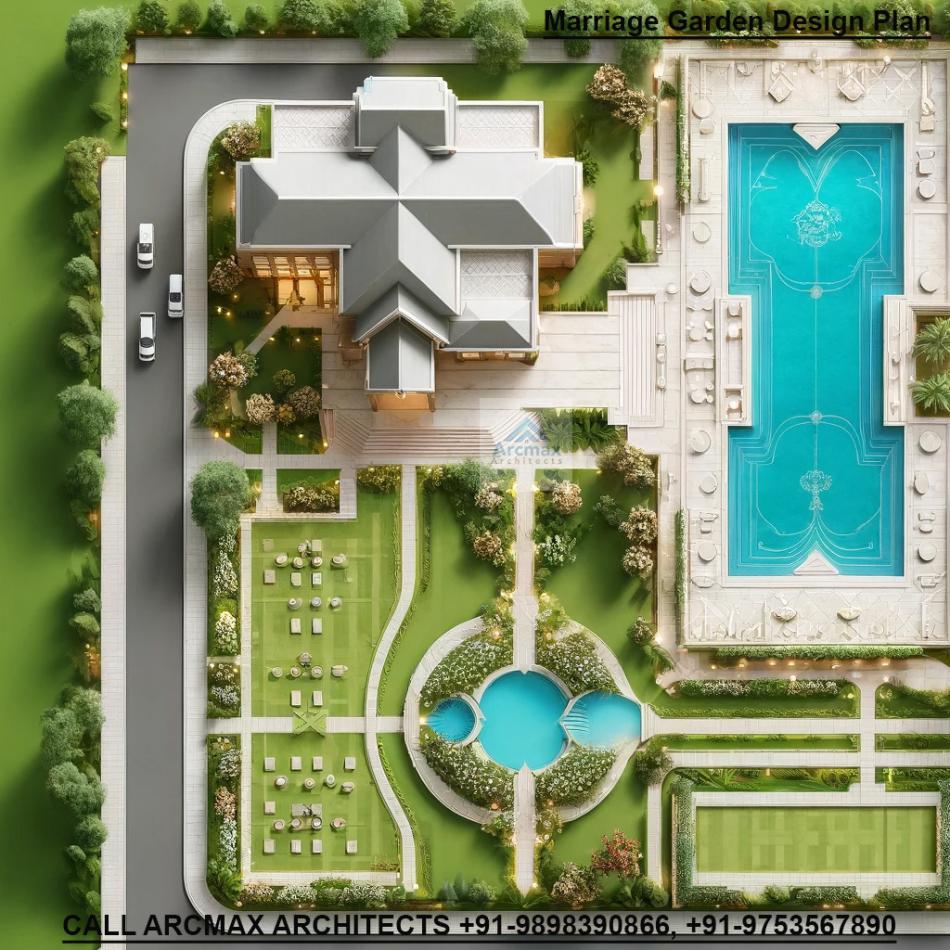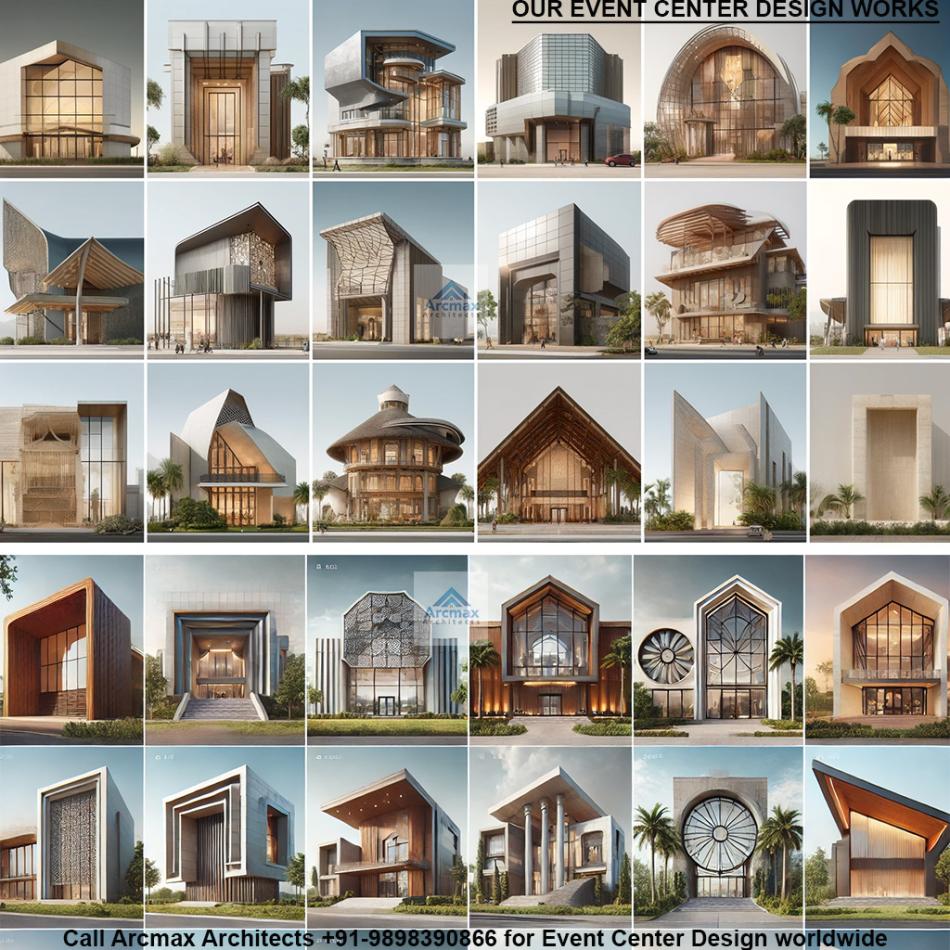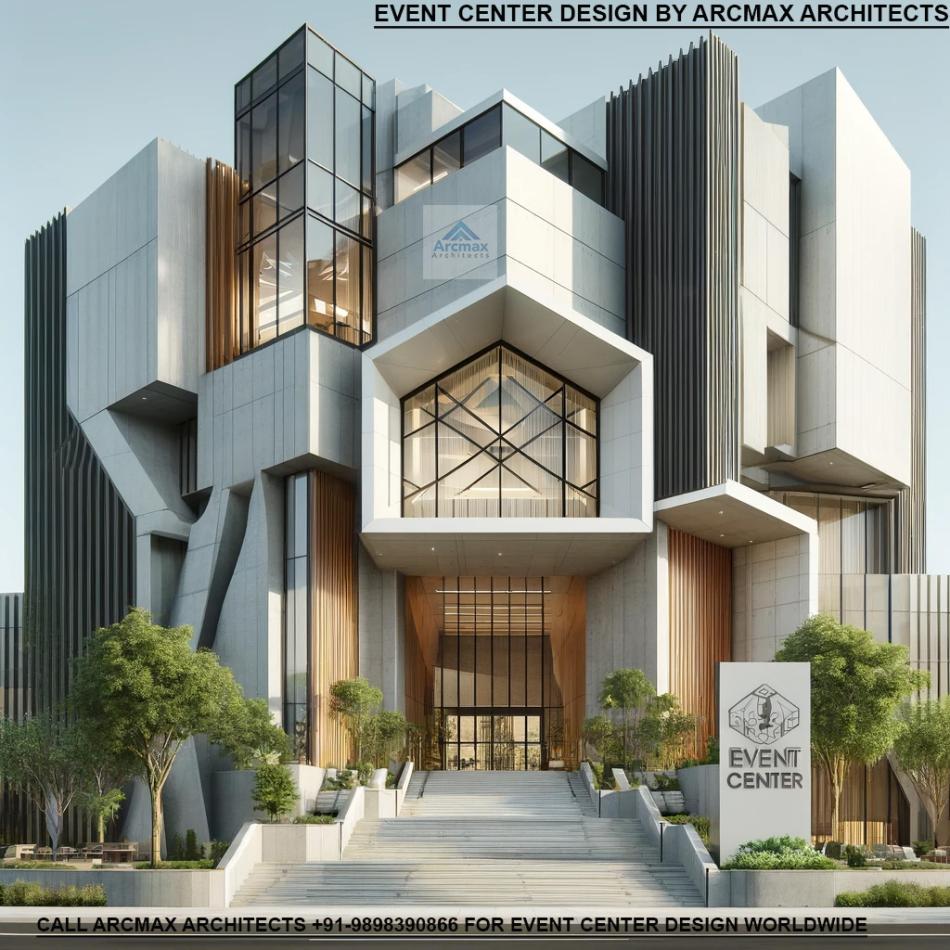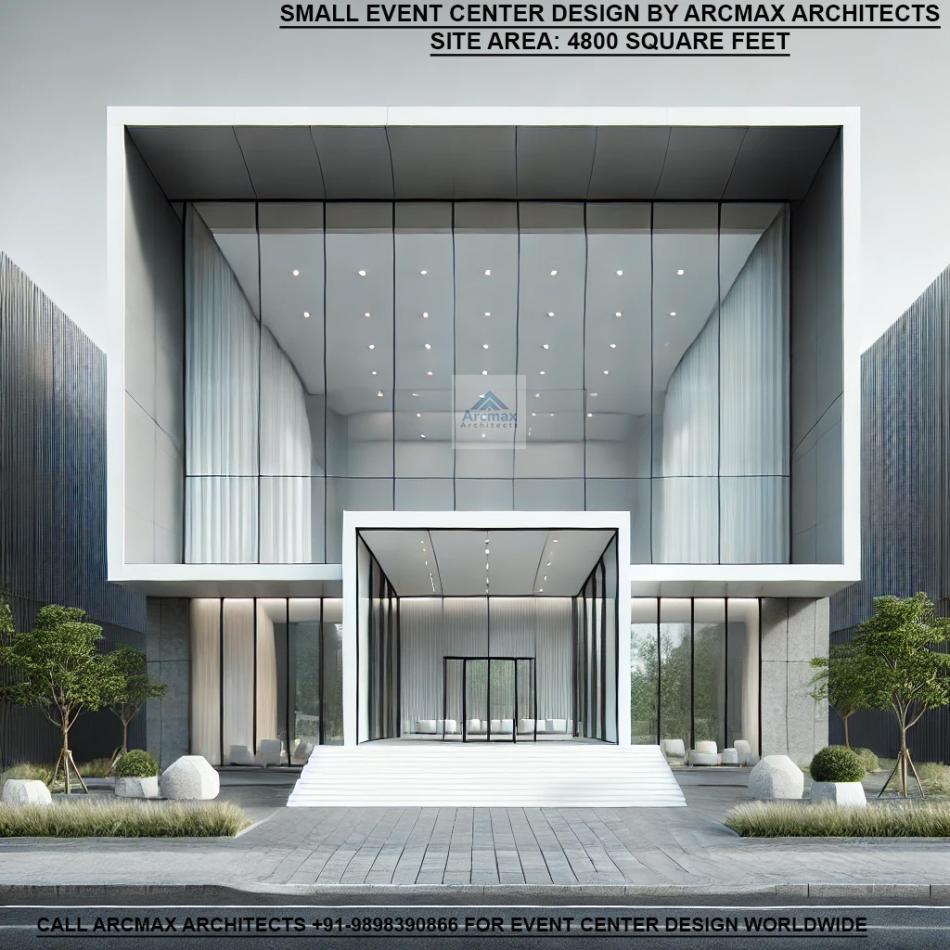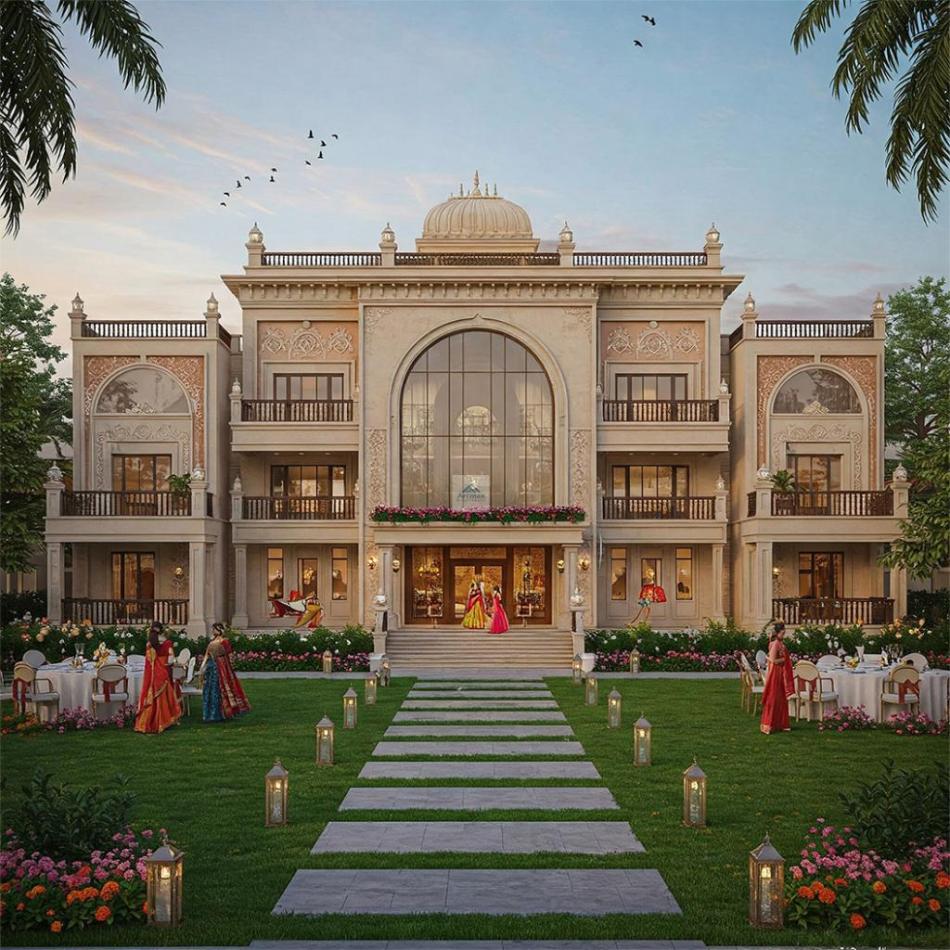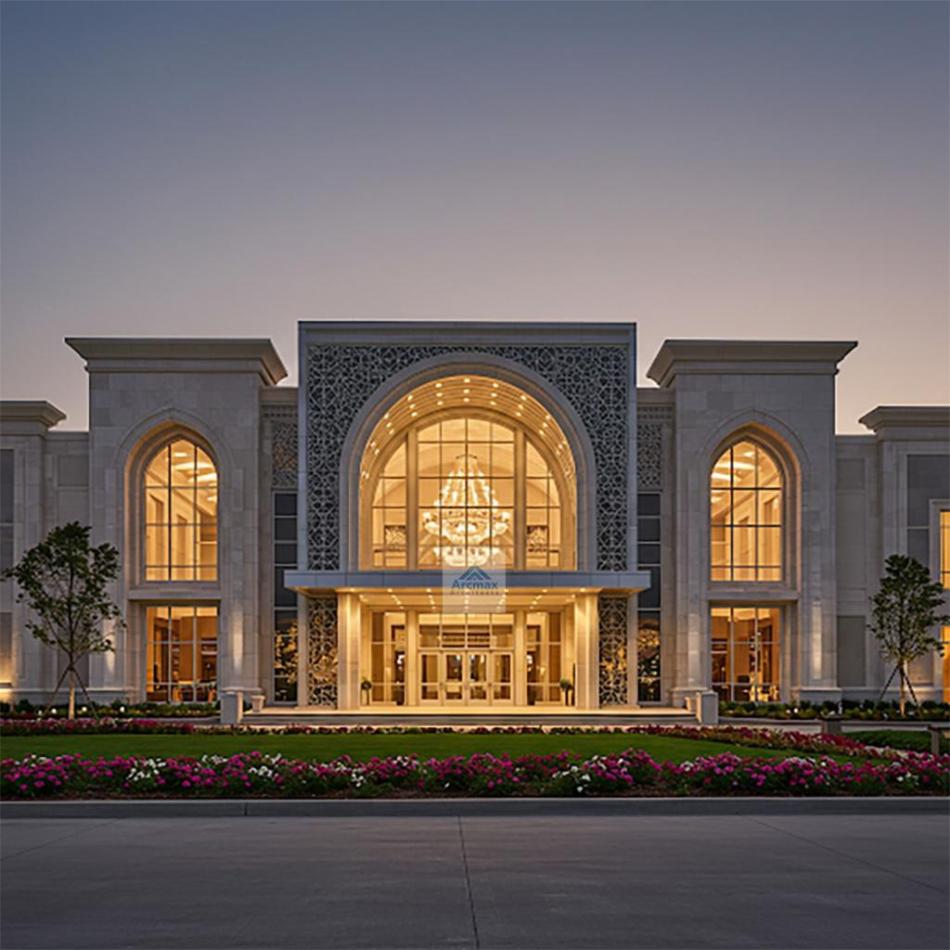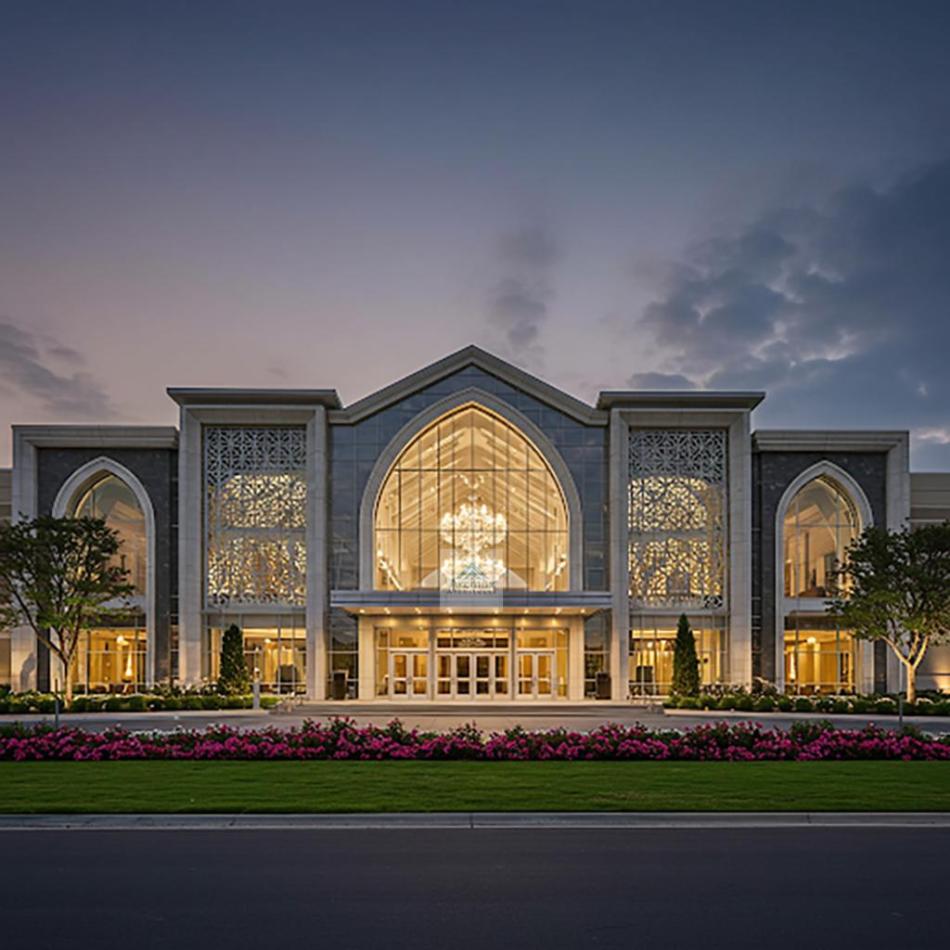Bakeri City, Pincode: 380015 Ahmedabad, Gujarat, India,
244 Madison Avenue, New York, United States
Our Client






Eco-Friendly Design of marriage garden campus
The design of an eco-friendly marriage garden campus embodies the principles of sustainability, environmental stewardship, and green building practices. Such a venue not only provides a beautiful and natural setting for weddings and events but also minimizes its ecological footprint. Here’s how to approach the eco-friendly design of a marriage garden campus:
1. Sustainable Site Planning
- Site Selection: Choose a location that leverages the natural landscape to minimize alterations and preserve existing ecosystems.
- Land Use: Employ strategies that enhance biodiversity, such as preserving native vegetation and creating wildlife habitats.
- Water Conservation: Implement rainwater harvesting systems and use permeable paving to reduce runoff and recharge groundwater.
2. Energy Efficiency
- Renewable Energy: Incorporate solar panels or wind turbines to power lighting, sound systems, and other energy needs sustainably.
- Energy-Efficient Lighting: Use LED lighting and smart lighting systems that adjust based on time of day and occupancy to reduce energy consumption.
- Natural Lighting and Ventilation: Design structures to maximize daylight and promote natural air circulation, reducing the need for artificial lighting and air conditioning.
3. Eco-Friendly Materials and Construction
- Sustainable Building Materials: Use locally sourced, recycled, or sustainably harvested materials for construction and landscaping.
- Green Roofs and Walls: Incorporate green roofs and living walls to improve insulation, reduce heat island effect, and enhance biodiversity.
- Low-Impact Construction Techniques: Employ methods that minimize soil disruption and pollution during construction.
4. Water Management
- Efficient Irrigation: Use drip irrigation and soaker hoses to minimize water waste. Employ timers and moisture sensors to ensure irrigation is only done as needed.
- Native Plant Landscaping: Select native plants that are drought-resistant and require less water, reducing the need for irrigation.
- Water Features: Design water features that recirculate water and are powered by renewable energy sources.
5. Waste Reduction and Recycling
- Composting and Organic Waste Management: Provide compost bins for organic waste from events, which can be used to enrich the soil on the campus.
- Recycling Facilities: Set up recycling stations around the campus to ensure waste materials are properly separated and recycled.
6. Eco-Friendly Transportation
- Bicycle Parking and Sharing: Encourage guests to use bicycles by providing ample bicycle parking and possibly a bike-sharing program.
- Electric Vehicle Charging Stations: Install EV charging stations to encourage the use of electric vehicles by guests and service providers.
7. Education and Awareness
- Signage and Information: Educate guests about the eco-friendly features of the campus through informative signage and guided tours.
- Promote Eco-Friendly Vendors: Work with caterers, florists, and other vendors who share a commitment to sustainability and eco-friendly practices.
8. Certification and Compliance
- Green Certification: Aim for certification through green building standards like LEED (Leadership in Energy and Environmental Design) to validate the eco-friendly measures implemented.
- Environmental Compliance: Ensure all aspects of the campus design and operation comply with local environmental regulations and best practices.
Conclusion
Designing an eco-friendly marriage garden campus requires a holistic approach that integrates sustainable site planning, energy efficiency, eco-friendly materials, and water management. By prioritizing the health of the environment and promoting sustainability, such venues not only offer a unique and natural setting for weddings but also contribute positively to the planet. Through careful planning and implementation of green practices, a marriage garden campus can serve as a model for sustainable development in the events industry.

